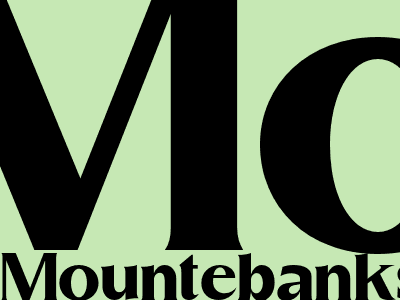Mountebanks and Quacks: A History of Medical Deception
The Long Con: From Snake Oil Salesmen to Modern-Day Charlatans
Throughout history, mountebanks and quacks have preyed on the sick and desperate, promising miracle cures and offering false hope. These charlatans have employed a variety of tactics to deceive their victims, from selling bogus elixirs to staging elaborate hoaxes.
In the early days of medicine, mountebanks were itinerant peddlers who traveled from town to town, selling their wares at ярмарки and festivals. They would often use夸张的 language and make outlandish claims about the effectiveness of their products. Some mountebanks even went so far as to stage fake cures, hiring actors to pretend to be sick and then "miraculously" recovering after taking their medicine.
As medicine became more sophisticated, so did the tactics of mountebanks and quacks. In the 19th century, for example, some charlatans began to use scientific terminology to legitimize their claims. They would often cite bogus studies or invent their own theories to support their products.
The Damage Done: The Human Cost of Medical Deception
The activities of mountebanks and quacks have had a devastating impact on public health. Bogus cures have led people to delay or even abandon legitimate medical treatment, resulting in unnecessary suffering and even death.
In some cases, mountebanks and quacks have even caused physical harm to their victims. In the early 1900s, for example, a quack named John Brinkley performed a dangerous operation on thousands of men, claiming that it would cure impotence. The operation, which involved cutting the vas deferens, actually caused sterility in many cases.
Quackery in the 21st Century: New Tricks, Same Old Game
While mountebanks and quacks may have changed their tactics over the years, their goal remains the same: to exploit the sick and desperate for profit. Today, quacks can be found online, on TV, and even in some health food stores.
One of the most common types of quackery today is the sale of dietary supplements. Many of these supplements are marketed with unsubstantiated claims about their health benefits. In some cases, these supplements may even be dangerous, containing harmful ingredients or interacting with prescription medications.
Protecting Yourself from Mountebanks and Quacks
There are a number of things you can do to protect yourself from mountebanks and quacks:
- Be skeptical of any claims that sound too good to be true.
- Do your research before taking any supplements or trying any new treatments.
- Talk to your doctor about any health concerns you have.
If you suspect that you have been the victim of a quack, report it to the appropriate authorities. You can also file a complaint with the Better Business Bureau or the Federal Trade Commission.

Comments